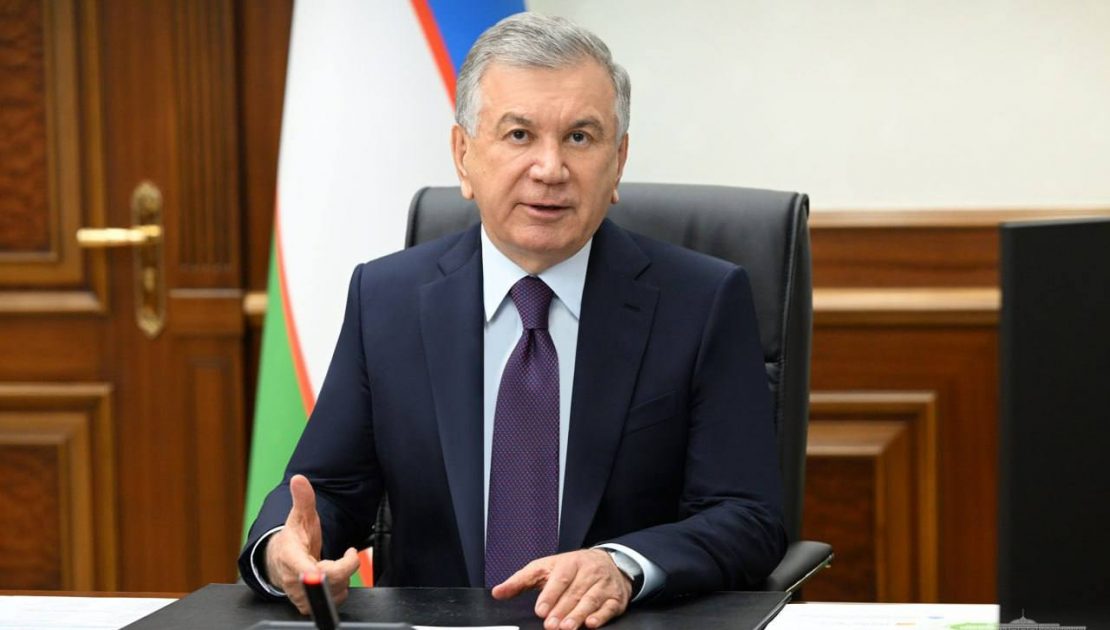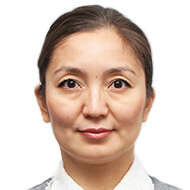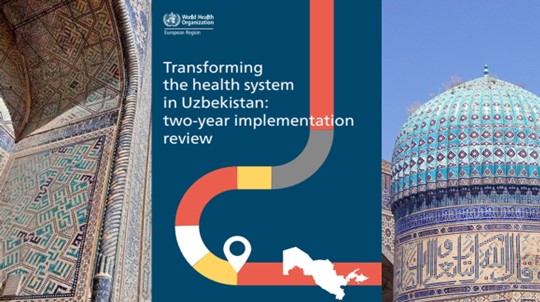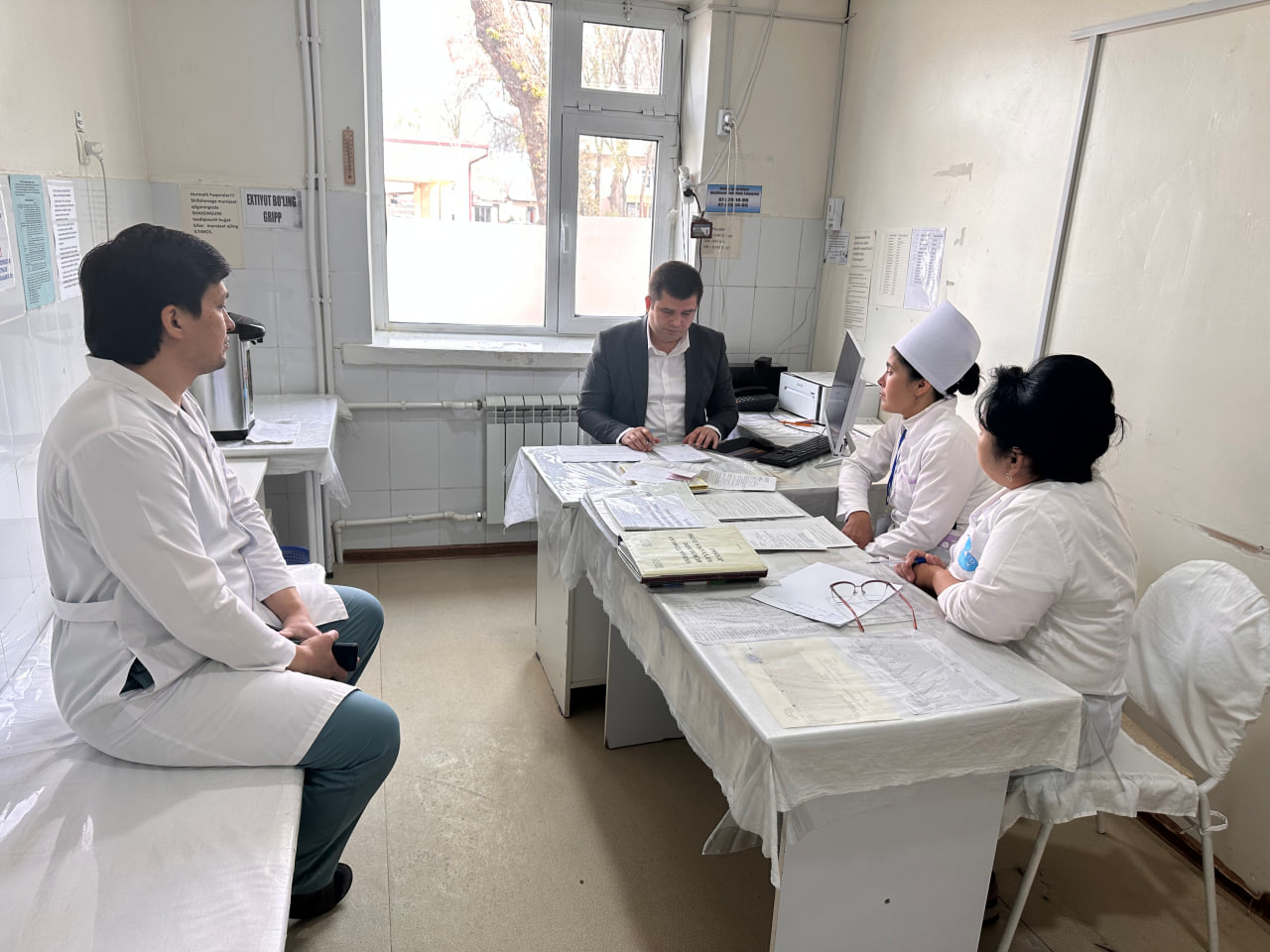On January 22, President Shavkat Mirziyoyev reviewed proposals to accelerate healthcare reforms under the “Uzbekistan 2030” strategy. Plans include creating a “Center for Healthcare Projects” at the Ministry of Health to oversee state health insurance, free medical services, medicine access, and service quality improvement.
The “Uzbekistan 2030” strategy outlines critical tasks to protect public health and improve the quality of healthcare services. To accelerate these reforms and ensure their effective implementation, proposals developed with the participation of international experts include creating a project office, the “Center for Health Projects,” within the Ministry of Health as a state institution.
The center will oversee the full implementation of the state health insurance system, provide state-guaranteed free medical services and medicines, strengthen quality and safety control in healthcare, develop human resource potential, and enhance medical education and science in line with international standards. It will also support the adoption of digital technologies, promote public-private partnership projects, expand the private healthcare sector, improve the transparency of public procurement, and reform the pharmaceutical industry.
Experienced specialists from medical centers, higher education institutions, and international consultants will be engaged in the center’s activities on a contractual basis.
Strengthening human resources is a key component of these reforms. Educational programs at the Tashkent Medical Academy will undergo international accreditation, and master’s programs in public health, preventive medicine, and physical activity will be introduced. Medical students’ knowledge will be evaluated through a two-stage state exam system aligned with international standards.
Starting next academic year, based on regional needs, 200 graduates of medical universities will receive training in leading foreign institutions through master’s and clinical residency programs. Specialized centers for surgery, cardiology, endocrinology, dermatovenereology, cosmetology, and pediatric and national medical care will undergo international accreditation.
Additionally, 40 existing sanitary rules and regulations will be reviewed and updated to meet international standards. The head of state has approved these proposals and instructed the preparation of a “roadmap” to ensure the timely implementation of these priorities.
This initiative marks a significant step forward in transforming Uzbekistan’s healthcare system to meet the highest global standards.






